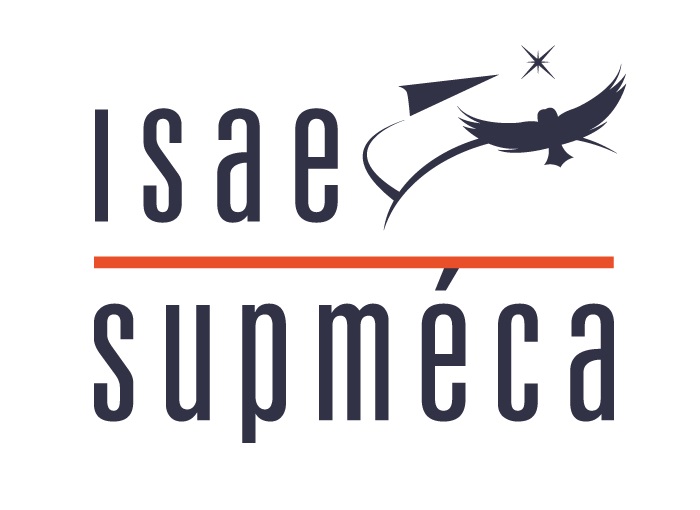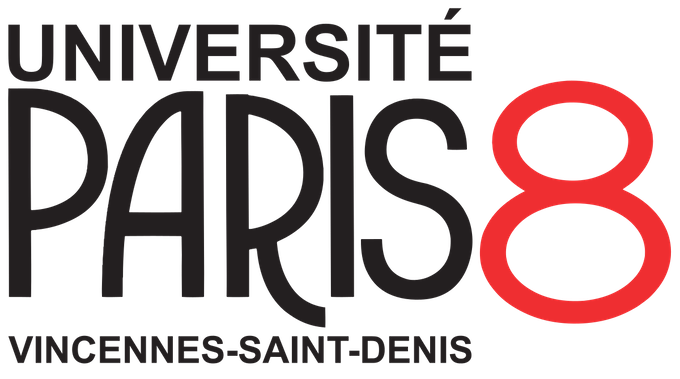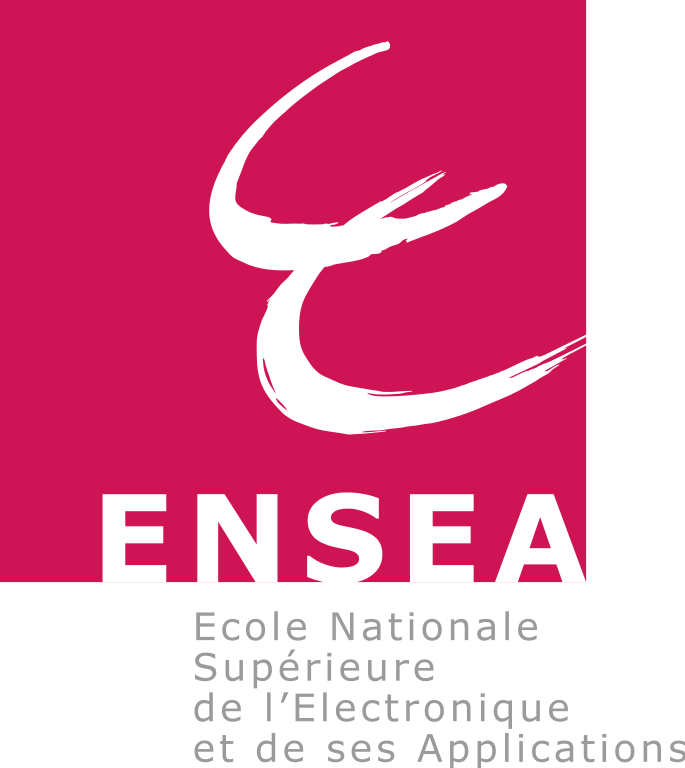Séminaire de Antoine GOICHON, VAST-FM, 11/05/2023
Nous avons le plaisir de vous annoncer le séminaire de
Antoine GOICHON, doctorant de l’équipe VAST-FM, portant sur la "Hybridation modèle physique et technique d’apprentissage machine pour l’étude de l’état structurel de structures aéronautiques".
Le 11/05/2023 à 13h15 via Teams.
Résumé :
Avec les performances croissantes des modèles de deep learning, leur large domaine d’application et leur qualité en tant qu’approximateurs universels, les approches entièrement fondées sur les données utilisant ces algorithmes gagnent en popularité, en particulier pour résoudre des problèmes liés à la physique. Ils nécessitent généralement moins de connaissances expertes et permettent d’apprendre des relations très complexes qui lient les données entre elles. Toutefois, ces modèles présentent souvent une interprétabilité et une explicabilité limitées. À l’inverse, les modèles physiques reposant sur un socle de connaissances scientifiques et techniques sont interprétables par nature. L’identification de leurs paramètres nécessitent généralement moins de données. L’hybridation de modèles physiques et de techniques d’apprentissage machine tente de rassembler les avantages de chacune de ces deux approches tout en limitant leurs inconvénients. L’objectif est de réunir d’une part les performances et la flexibilité qu’offrent les algorithmes de deep learning, et d’autre part l’interprétabilité et les besoins moins importants en données des modèles physiques.
Ces travaux visent à prédire le comportement mécanique de structures aéronautiques à l’aide d’approches hybrides mêlant techniques d’apprentissages et modèles physiques. Nous aborderons dans un premier temps une architecture hybride suscitant un fort intérêt ces dernières années : les Physic-Informed Neural Network (PINN). Cette architecture repose sur l’intégration d’équations physiques au sein de la fonction objectif permettant d’entraîner le modèle de deep learning. Les PINN cherchent donc à apprendre grâce aux données expérimentales, mais également grâce aux équations ainsi intégrées. Nous étudierons ensuite une autre architecture hybride visant à intégrer des solveurs numériques "classiques" au sein d’une architecture de deep learning : les Neural Ordinary Differential Equation (Neural ODE). Cette approche permet d’améliorer certains aspects du modèle de deep learning en conservant des propriétés intéressantes des solveurs qui ont bénéficié de plusieurs décennies de développement, notamment au niveau de l’estimation des erreurs de calcul. Ces deux approches hybrides seront étudiées dans le contexte du développement d’un capteur virtuel structurel capable de restituer le comportement en vol de structures aéronautiques, uniquement à partir des données issues de l’instrumentation de bord des avions. Ce capteur virtuel sera entraîné, testé et validé sur deux types de données : Des données synthétiques créées grâce à des modèles physiques maîtrisés et des données réelles provenant d’essais en vol d’avion de taille réelle ou réduite.



